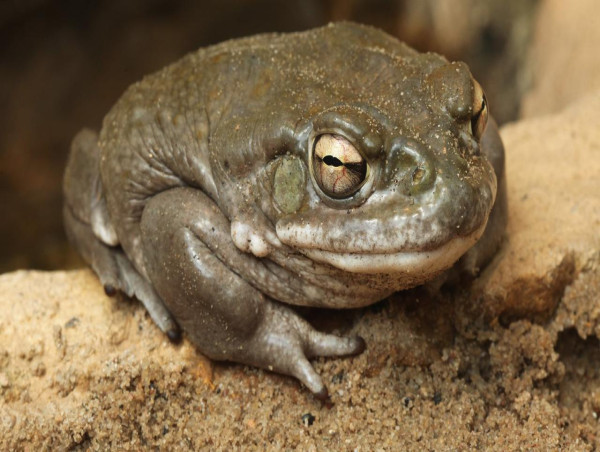Animals, plants, fungi and their parts are being routinely traded on the dark web, mostly for use as drugs or medicine, university research has found.
The University of Adelaide's check on marketplaces, forums and messaging apps found a large amount of wildlife was available.
Using a database of more than 50 dark websites, the research team identified 153 species being routinely traded.
"While we did find small numbers of animals traded, the vast majority of advertisements were for plants and fungi," lead researcher Phill Cassey said.
"Most plants were advertised for their use as drugs, often as psychedelics, but some for their purported medicinal properties.
"Fungi and animals were also traded for use as drugs, including the infamous Colorado River toad, which is known for its ability to exude toxins from glands within its skin that have psychoactive properties."
Dr Cassey said as a general rule most live animals, including exotic species, were still being openly traded on the internet, not the dark web, meaning regular surveillance and enforcement could keep such trafficking in check.
"However, if conditions change in the future, and it becomes harder to sell wildlife openly online, then it remains plausible that a broader variety of wildlife will turn up on the dark web," he said.
"The legality of online trade is complicated and depends on many factors including the laws of the country or countries involved, and whether the final sale even occurred."
Dr Cassey said Australia had a responsibility to collect its own data on the internet trade of wildlife, assist other countries with collecting data on traded Australian species and report on the trade of exotic species being trafficked through Australia.



